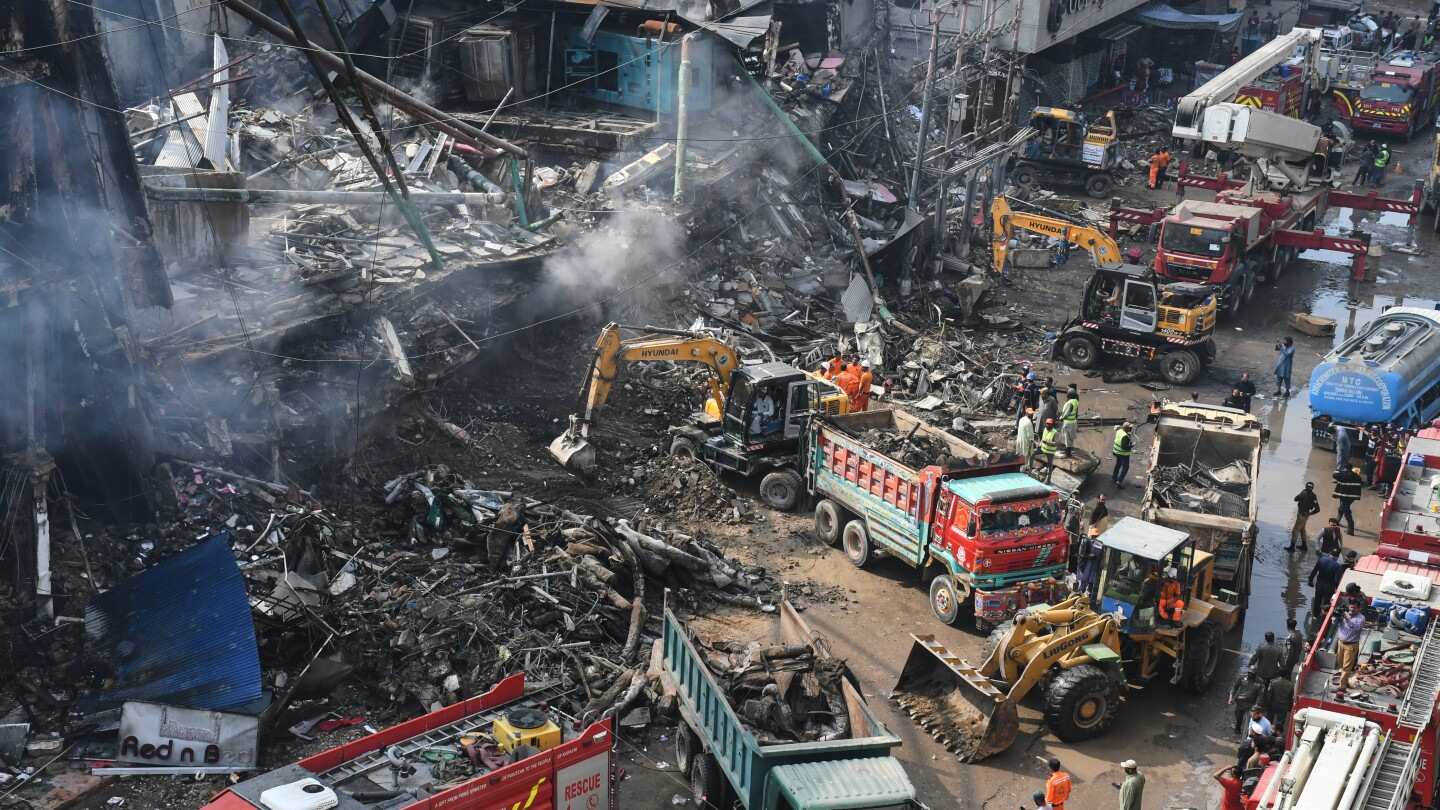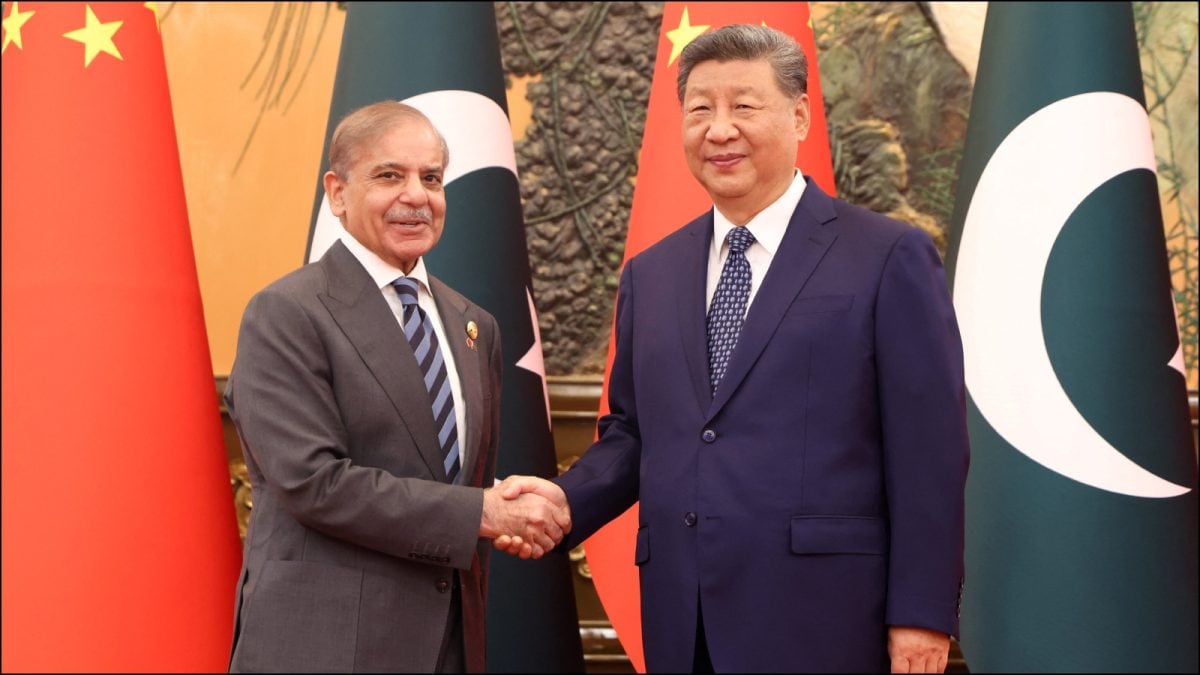- Gilani to notify MWM chief as Senate opposition leader by tomorrow: PTI’s Ali Zafar Dawn
- PTI-backed Allama Raja Nasir Abbas notified as Senate opposition leader Geo News
- Allama Raja Nasir Abbas set to be appointed as senate opposition leader
Category: 1. Pakistan
-
Gilani to notify MWM chief as Senate opposition leader by tomorrow: PTI’s Ali Zafar – Dawn
-

Three IHC ad hoc judges sworn in as permanent justices
Justice Muhammad Azam Khan, Justice Muhammad Asif and Justice Inaam Ameen Minhas were sworn in as permanent judges in Islamabad High Court. PHOTO: IHC website
…Continue Reading
-
Shaban moon not sighted, first of Shaban on Wednesday – RADIO PAKISTAN
- Shaban moon not sighted, first of Shaban on Wednesday RADIO PAKISTAN
- Shaban moon unlikely on Jan 19; Islamic month to begin from Jan 21 in Pakistan The Express Tribune
- When will Shaban begin in Pakistan? Geo News
- Ruet-e-Hilal Committee meets in…
Continue Reading
-

Karachi mall fire death toll rises to 23 as rescuers search for dozens missing
KARACHI, Pakistan (AP) — The death toll from a massive fire at a shopping plaza in Karachi rose to 23 on Monday as rescuers recovered more bodies from the badly damaged building, police said. Dozens…
Continue Reading
-
Russian Embassy expresses condolences over Gul Plaza fire in Karachi – RADIO PAKISTAN
- Russian Embassy expresses condolences over Gul Plaza fire in Karachi RADIO PAKISTAN
- Gul Plaza inferno death toll rises to 21; Sindh CM announces Rs10m compensation for victims’ families Dawn
- Massive fire engulfs dozens of shops at a shopping mall…
Continue Reading
-

Chinese President Xi Jinping To Visit Pakistan Soon, Says Shehbaz Sharif | World News
Last Updated:
Xi Jinping’s expected visit will come as Pakistan’s engagement with the US has gained momentum, which has raised eyebrows in Beijing.

Pakistan Prime Minister Shehbaz Sharif and Chinese President Xi…
Continue Reading
-

When will Shaban begin in Pakistan?
A new crescent seen through a telescope shines beside the tower of a mosque. — Reuters/File The holy month of Shaban will begin from January 21 (Wednesday) after moon for the eighth month of the Islamic calendar…
Continue Reading
-
Sindh CM announces Rs10 million compensation for Gul Plaza fire victims – RADIO PAKISTAN
- Sindh CM announces Rs10 million compensation for Gul Plaza fire victims RADIO PAKISTAN
- Predictable tragedy Dawn
- Sparks fly in PA over Gul Plaza blaze The Express Tribune
- Sindh govt fully engaged in Gul Plaza rescue operations: Sharjeel Business…
Continue Reading
-

BBC Verify: AI being used to fake images of Karachi mall fire that killed at least 21
Can the US expand its military presence in Greenland?published at 11:43 GMT
Lucy Gilder
BBC Verify journalist Image source, Reuters
Image source, ReutersImage caption, The main US military facility in Greenland is the Pituffik Space Base
President Donald…
Continue Reading
-

Magnitude 6 quake kills one person, brings down houses in northern Pakistan
Jan 19 (Reuters) – A man died and several houses collapsed after an earthquake of magnitude 6 struck northwestern Kashmir in Pakistan on Monday, an official and the European Mediterranean Seismological Center (EMSC) said.
The quake was at a depth…
Continue Reading